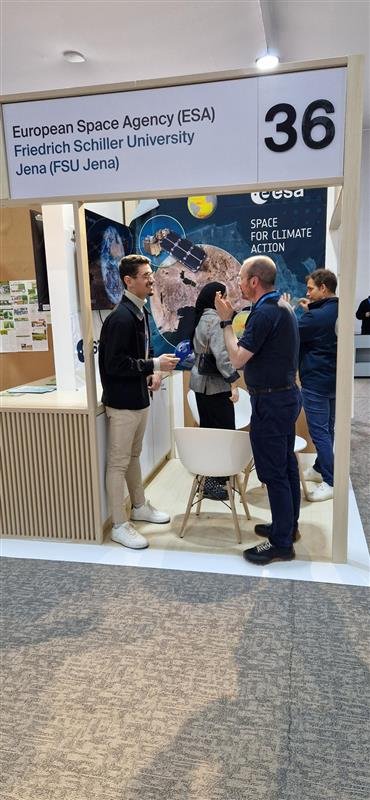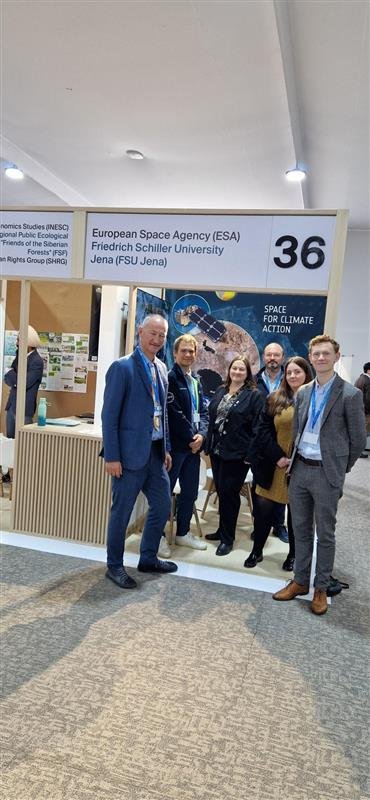A European Space Agency (ESA) delegation is actively participating in the COP29 climate summit in Baku, Azerbaijan, from 11-22 November 2024. The team’s mission is to highlight the role Earth observation satellites play in advancing understanding of the climate, informing decision-making, and delivering actionable data to track and accelerate progress toward the Paris Agreement goals.
Earth Information Day - 11 November: Emphasising Data Accessibility and Real-Time Monitoring
Climate experts Clement Albergel and Frank Martin Seifert along with Paul Fisher represented ESA at Earth Information Day which was held on the summit’s opening day. Featuring thematic breakout sessions relating to Earth observation, Seifert provided an expert briefing on [ADD TOPIC]. Drs Albergel and Fisher acted as rapporteurs on discussions focussed on climate change adaptation and loss and damage. Session participants underscored the importance of integrating in-situ and satellite data, ensuring open data access, and the need for advancing both real-time monitoring and early-warning systems. Participants also called for the funding of observation systems to be placed on a sustainable footing while the need for standardised baselines and indicators were agreed to effectively track the implementation of adaptation efforts.
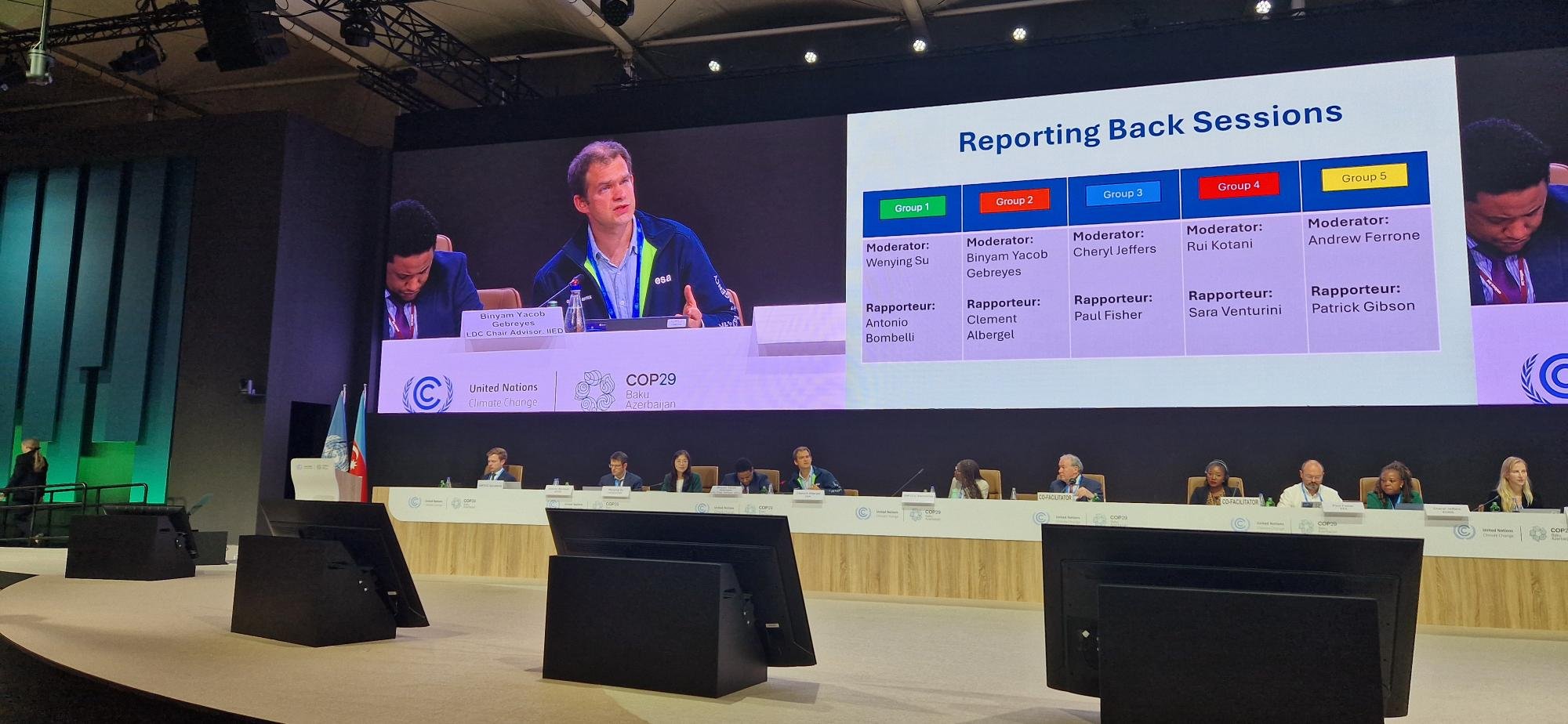
Protecting Our Planet (POP) Day - 12 November: Inspiring the next generation
The UK Space Education Office (ESERO-UK) which hosts an annual streamed-event Protecting Our Planet Day(POP) event aimed to inspired 180,000 on space technology and climate change invited ESA to make a number of presentations. To kick off proceedings Drs Albergel and Fisher broadcast live from the COP29 World Leaders’ Summit, to explain how the summit works and how satellites are used to understand and address climate change. Presentations from ESA’s EarthCARE mission manager Thorsten Fehr, then explained how Earth observation missions monitor various climate processes and help forecasting future change. ESA Research Fellow Anna Jungbluth later engaged students in a career-focused session, discussing how maths and technology careers can contribute to global climate efforts.
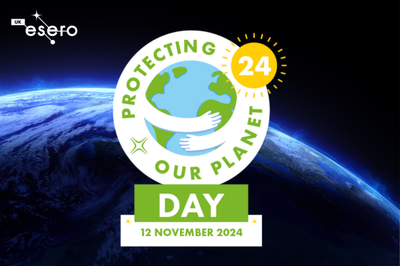
Global Carbon Budget 2024 – 13 November: tracking GHG emission trends and nature’s role
ESA-supported scientists, Stephen Sitch and Mike O’Sullivan from the University of Exeter released the 2024 Global Carbon Budget (GCB) report. This latest in a series of annual updates provides a summary of global carbon emissions and sequestration trends. The GCB 2024 highlighted complex signals in global emissions, with global fossil fuel CO₂ emissions set to rise by 0.8% this year. Natural processes continue to absorb around half of all human-made emissions however, record temperatures and extreme weather events, such as Amazonian droughts and Canadian wildfires have recently limited these natural carbon sinks. A related ESA-backed study also points to a weakening of land carbon sequestration.
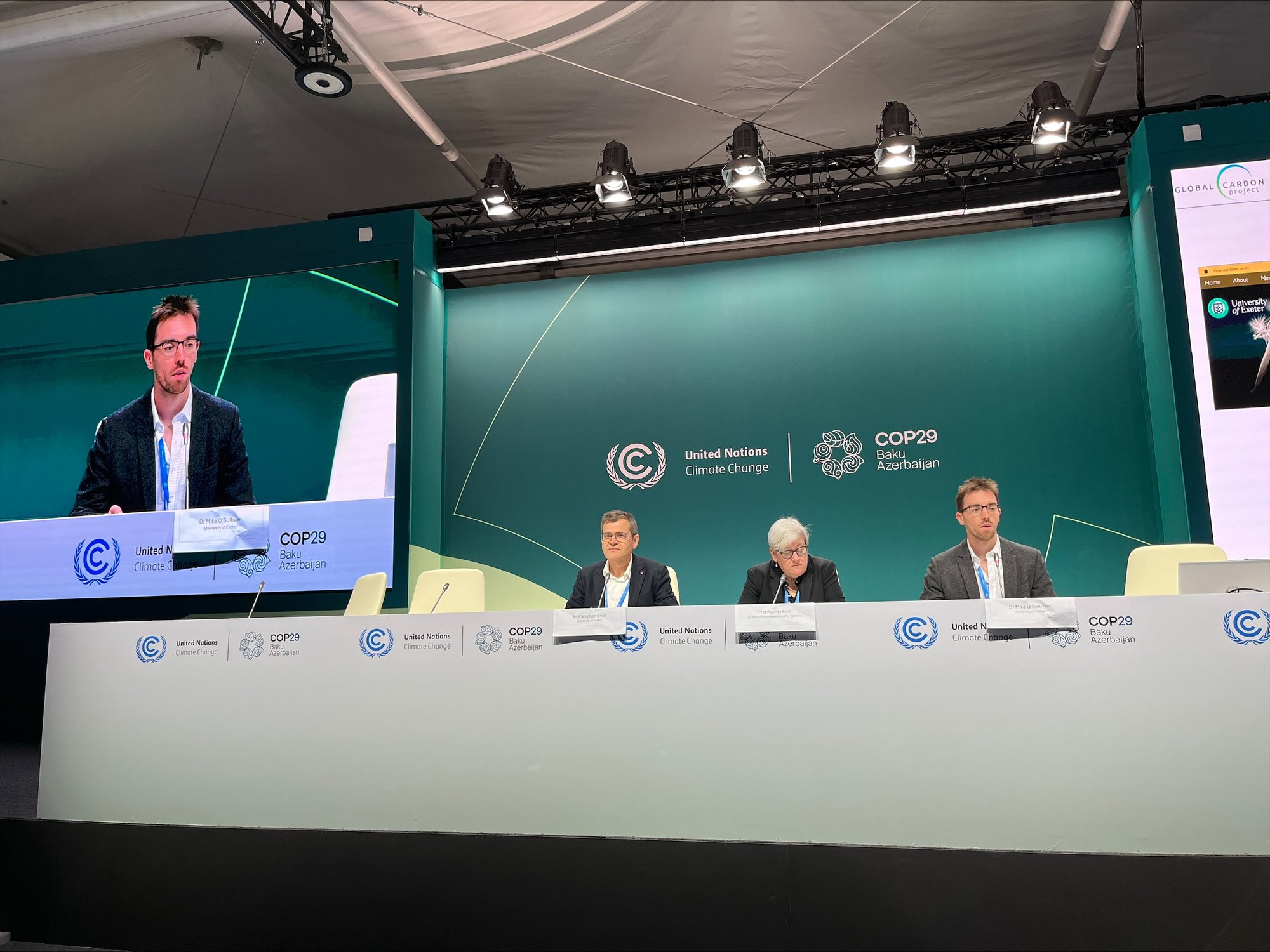
Working in partnership ESA’s Participation in Side Events and Ongoing Partnerships
Throughout the summit, reflecting the need for international collaboration to address the climate challenge, ESA representatives are participating in a variety of side events and panel discussions alongside organisations such as the World Meteorological Organization, the Japanese Space Agency (JAXA), NASA and the Coalition for Disaster Resilient Infrastructure. These sessions provide a platform to highlight how satellite-derived information grasp the magnitude of environmental change, inform nations with timely guidance to progress towards their emission reduction strategies and pledges under the Paris Agreement and build societal resilience to climate change.
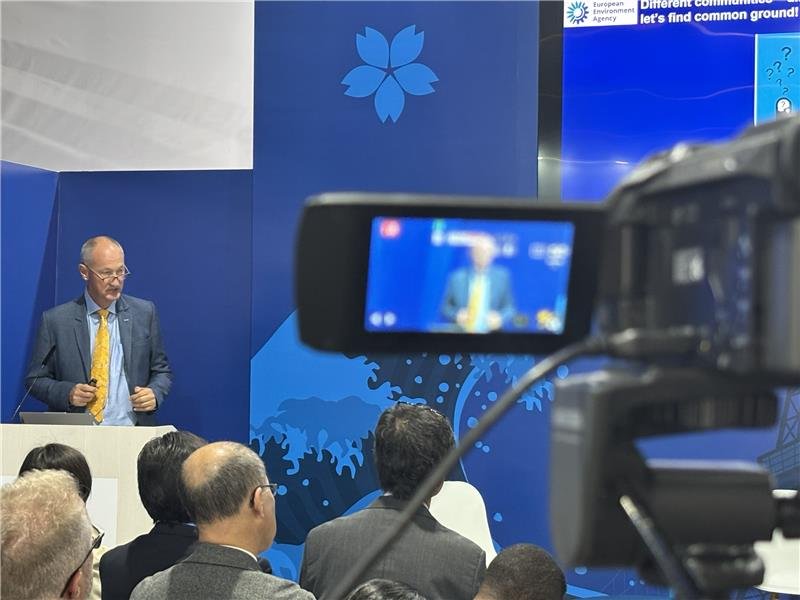
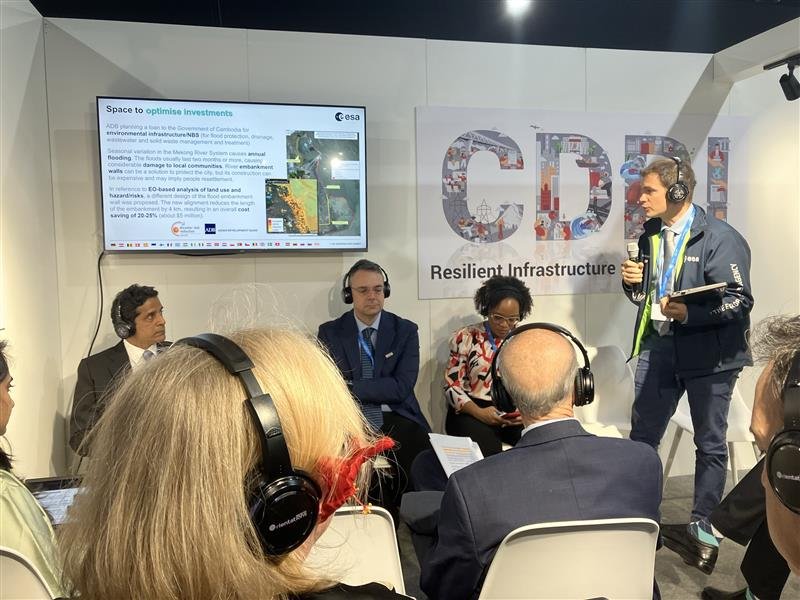
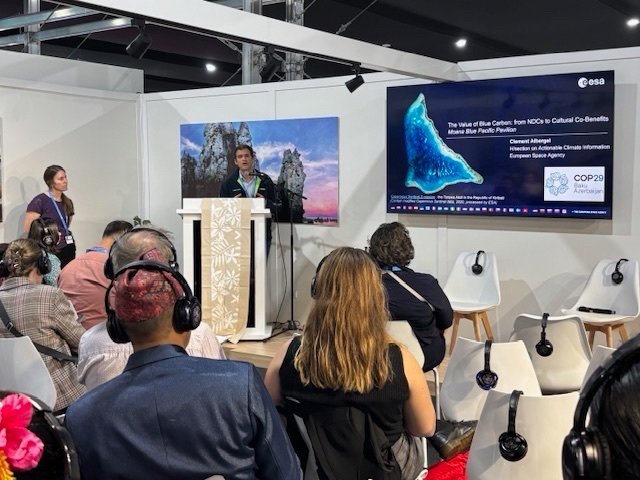
ESA Booth: Engaging the Global Community on Climate Resilience
Throughout COP29 the ESA booth is a location to engage attendees from national and delegates to NGOs, youth leaders and development banks. Attendees particularly interested in how ESA’s Earth observation data can help bolster climate resilience, support forest and ocean monitoring, and inform national and regional climate strategies.
ESA’s presence at COP29 reaffirms its commitment to advancing Earth observation technologies that provide scientists and policymakers with the data and insight to drive informed climate action.
